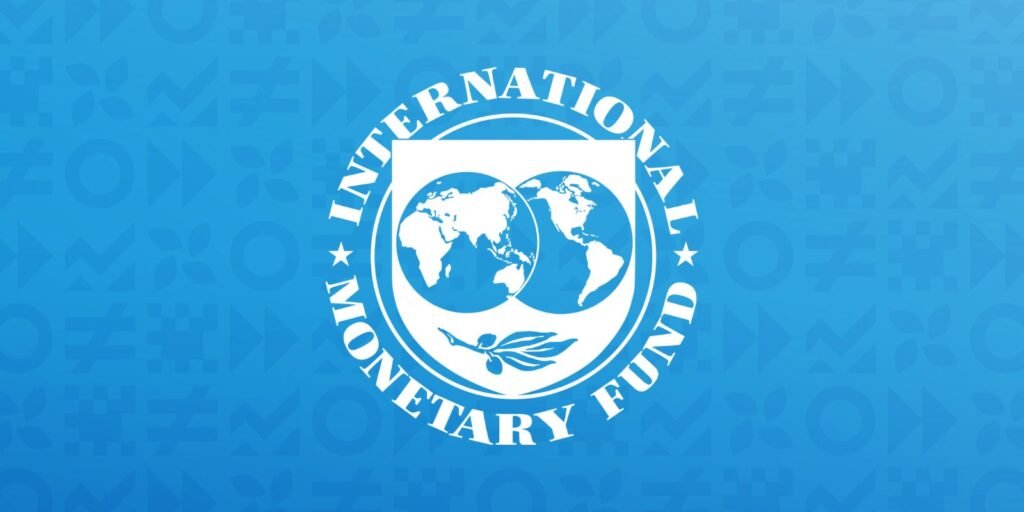Pakistan Faces $18.8bn Debt Repayment: IMF Warns of Fragile Capacity
The International Monetary Fund (IMF) has assessed that Pakistan’s capacity to manage external debt repayment remains fragile, with Islamabad’s external financing needs expanding to $62.6 billion over the next three years under the Extended Fund Facility (EFF) program. Projected over five years from 2024-25 to 2028-29, these needs rise significantly to $110.5 billion.
Pakistan Faces $18.8bn Debt Repayment: Rising External Financing Needs
According to the IMF staff report, Pakistan will require external financing of $18.813 billion in the current fiscal year, escalating to $20.088 billion in 2025-26 and $23.714 billion in 2026-27. Despite the completion of the three-year program, financing requirements will remain substantial, estimated at $24.625 billion in 2027-28 and $23.235 billion in 2028-29.
Pakistan Faces $18.8bn Debt Repayment: Risks to Repayment Capacity
The IMF has highlighted considerable risks to Pakistan’s repayment capacity, which is critically dependent on consistent policy implementation and timely external financing. By September 2024, the IMF’s exposure to Pakistan will reach Special Drawing Rights (SDR) 6,816 million, equivalent to 336 per cent of Pakistan’s quota. Experts expect this exposure to peak in September 2027 at SDR 8,774 million, which is nearly 432 percent of the quota and around 55 percent of the projected gross reserves for the fiscal year 2027.
Key risks include Pakistan facing high public debt, experiencing significant gross financing needs, maintaining low gross reserves, and confronting sociopolitical challenges, which could undermine policy implementation, repayment capacity, and overall debt sustainability. The IMF emphasized that for Pakistan to ensure its ability to repay the Fund, it must restore fiscal and external viability, necessitating strong and sustained policy action.
External Financing Projections
The IMF has projected that, in total, multilateral disbursements will reach $14 billion throughout FY25-28, including, specifically, $7.1 billion from the World Bank and $5.6 billion from the Asian Development Bank. Furthermore, bilateral creditors are expected to continue providing their exposure through new financing. Additionally, investors expect to have modest access to short-term borrowing over FY25-FY26. Consequently, we assume that a gradual return to bond markets will occur by mid-FY27, contingent upon restoring policy credibility.
Firm Commitments and Financial Assurances
The IMF-backed program has secured full financing, with firm commitments for the first year and promising prospects thereafter. Financing committed for FY25 includes $16.8 billion in rollovers of existing short-term financing and $2.5 billion in additional commitments from China, Saudi Arabia, the ADB, and the Islamic Development Bank. Key bilateral partners have assured the authorities in Pakistan that they will maintain their exposure throughout the program, expecting to roll over existing short-term liabilities.
Foreign commercial banks are also expected to continue renewing loans that total $6.6 billion under previous IMF programs. These commitments, along with multilateral financing, provide essential financial assurances. However, financing risks remain elevated, underscoring the need for ongoing monitoring to ensure that funding remains timely and sufficient during program reviews.
Reduced Gross Financing Requirements
Mohammad Sohail, chief of Topline Securities, remarked that Pakistan needs $18.8 billion to meet its gross financing requirement for FY25, marking a nine-year low. The IMF data shows that the average gross financing requirement has been $25 billion over the past nine years. Analysts attribute this reduction to a controlled current account deficit of $3.6 billion and lower repayments of $15.2 billion for FY25. Over the next three years, the IMF has reduced Pakistan’s gross financing requirement by $4.2 billion, and by $5.2 billion.
The IMF report underscores the importance of decisive reforms for stronger, more resilient economic development, which remains crucial for sustaining Pakistan’s repayment capacity and long-term economic stability.



